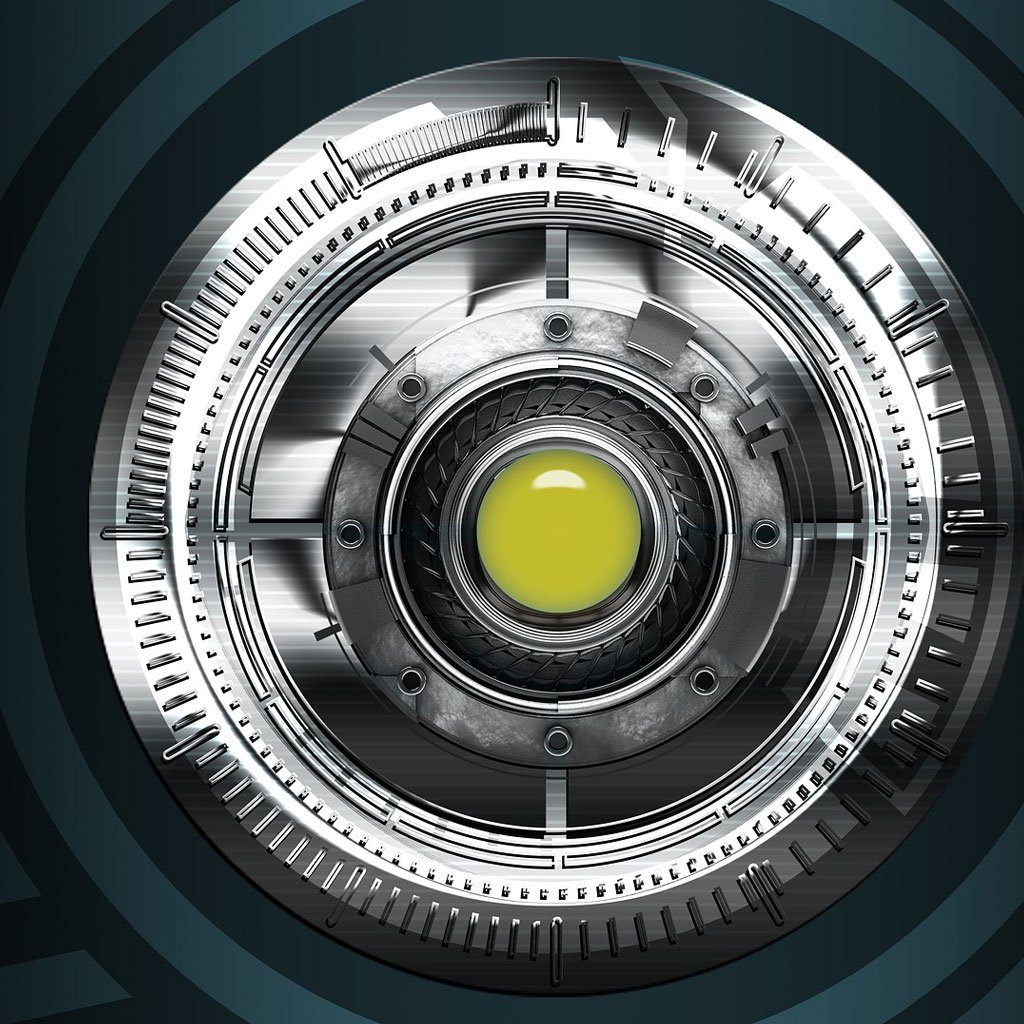Quantum Supremacy: A Comprehensive Exploration

Quantum supremacy is a term that signifies a watershed moment in the evolution of computational technology. It refers to the point where quantum computers surpass classical computers in solving certain problems, especially those considered infeasible for classical systems due to time or resource constraints. Coined by John Preskill in 2012, the term has since become a focal point of research and discussion within the scientific community. Achieving quantum supremacy not only demonstrates the practical superiority of quantum systems over classical ones but also heralds a new era of computational possibilities.
Fundamentals of Quantum Mechanics
To appreciate the concept of quantum supremacy, it is crucial to understand the basics of quantum mechanics, the branch of physics that underpins quantum computing. Quantum mechanics describes the behavior of particles at the atomic and subatomic levels, where traditional laws of physics cease to apply in intuitive ways. Key principles include superposition, entanglement, and quantum interference.
Superposition
In classical computing, bits are the fundamental units of information, existing in one of two states: 0 or 1. Quantum computing, however, uses quantum bits or qubits. Thanks to the principle of superposition, qubits can exist simultaneously in multiple states (both 0 and 1), vastly increasing computational power. This ability allows quantum computers to perform many calculations at once.
Entanglement
Entanglement is a quantum phenomenon where pairs or groups of particles interact in ways such that the state of one particle directly influences the state of another, regardless of the distance separating them. In quantum computing, entangled qubits can coordinate to perform complex computations more efficiently than independent classical bits.
Quantum Interference
Quantum interference is used to amplify correct computational paths and cancel out incorrect ones. By leveraging interference, quantum algorithms can be designed to solve specific problems much faster than classical algorithms.
Quantum Computing: The Architecture
The architecture of quantum computers fundamentally differs from classical computers. Classical computers use a binary system and a deterministic approach to problem-solving. Quantum computers, in contrast, utilize the principles of quantum mechanics to process information in fundamentally new ways.
Quantum Gates and Circuits
Quantum gates manipulate qubits through operations that change their state according to the principles of quantum mechanics. These gates are analogous to classical logic gates but operate on a probabilistic rather than deterministic basis. Quantum circuits, composed of sequences of quantum gates, are used to perform quantum computations.
Quantum Decoherence and Error Correction
One of the significant challenges in quantum computing is decoherence, where qubits lose their quantum state due to interactions with the external environment. This issue necessitates robust quantum error correction methods to protect and stabilize quantum information, ensuring accurate and reliable computation.
The Path to Quantum Supremacy
Achieving quantum supremacy involves demonstrating that a quantum computer can perform a specific task that is beyond the reach of the best classical supercomputers. This section explores the milestones, key experiments, and challenges encountered on the path to quantum supremacy.
Early Milestones and Theoretical Developments
Early theoretical work laid the groundwork for quantum supremacy. In the 1990s, Peter Shor and Lov Grover developed algorithms (Shor’s algorithm for factoring large numbers and Grover’s algorithm for database searching) that showcased the potential exponential speedups quantum computers could offer for specific tasks.
Google’s Quantum Supremacy Claim
In October 2019, Google announced that its quantum processor, Sycamore, had achieved quantum supremacy. Sycamore reportedly performed a specific computation in 200 seconds that would take the world’s most powerful supercomputer, Summit, approximately 10,000 years to complete. This experiment, while groundbreaking, was not without controversy. Critics argued that the task chosen had limited practical applications and questioned whether Google’s claims fully met the criteria for quantum supremacy.
IBM’s Counterclaim
In response to Google’s announcement, IBM contested the claim, suggesting that the same task could be performed by a classical supercomputer in a matter of days, not millennia. This debate highlighted the complexities and nuances in defining and proving quantum supremacy, as well as the need for clear benchmarks and standards in the field.
Implications and Applications of Quantum Supremacy
The achievement of quantum supremacy, while largely symbolic, has profound implications for various scientific and technological fields. This section explores potential applications and the transformative impact of quantum computing.
Cryptography
One of the most discussed implications of quantum computing is its impact on cryptography. Shor’s algorithm, for instance, could potentially break widely used encryption schemes such as RSA and ECC by efficiently factoring large prime numbers. This prospect has led to the development of post-quantum cryptography, which aims to create cryptographic systems resistant to quantum attacks.
Drug Discovery and Materials Science
Quantum computers could revolutionize drug discovery and materials science by simulating molecular interactions at an atomic level, a task that is computationally prohibitive for classical computers. This capability could accelerate the development of new medications and materials with enhanced properties.
Optimization Problems
Many real-world problems, such as logistics, financial modeling, and machine learning, involve complex optimization tasks. Quantum computers, through algorithms like the Quantum Approximate Optimization Algorithm (QAOA), have the potential to solve these problems more efficiently than classical computers, leading to significant advancements in various industries.
Challenges and Future Directions
While the achievement of quantum supremacy marks a significant milestone, several challenges remain before quantum computers can be widely adopted for practical applications. This section discusses these challenges and potential future directions for quantum computing research.
Scalability
One of the primary challenges in quantum computing is scalability. Current quantum computers consist of a relatively small number of qubits, which limits their computational power. Scaling up to thousands or millions of qubits while maintaining coherence and minimizing error rates is a significant technical hurdle.
Error Correction
Quantum error correction is crucial for the practical implementation of quantum computing. Developing efficient and practical error correction methods to protect quantum information from decoherence and other errors remains a major area of research.
Quantum Software Development
Developing software for quantum computers requires a different approach than classical software development. Quantum algorithms must be designed to leverage the unique properties of quantum mechanics, and new programming languages and tools are needed to facilitate this process.
Quantum supremacy represents a pivotal achievement in the field of quantum computing, demonstrating the potential of quantum systems to outperform classical computers for specific tasks. While the road to practical and widespread quantum computing applications is fraught with challenges, the progress made so far is promising. As researchers continue to advance the state of quantum technology, the potential benefits across various domains, from cryptography to drug discovery, hold the promise of a new computational era. The journey towards fully realizing the potential of quantum computing is just beginning, and the implications of this technology will likely be profound and far-reaching.

